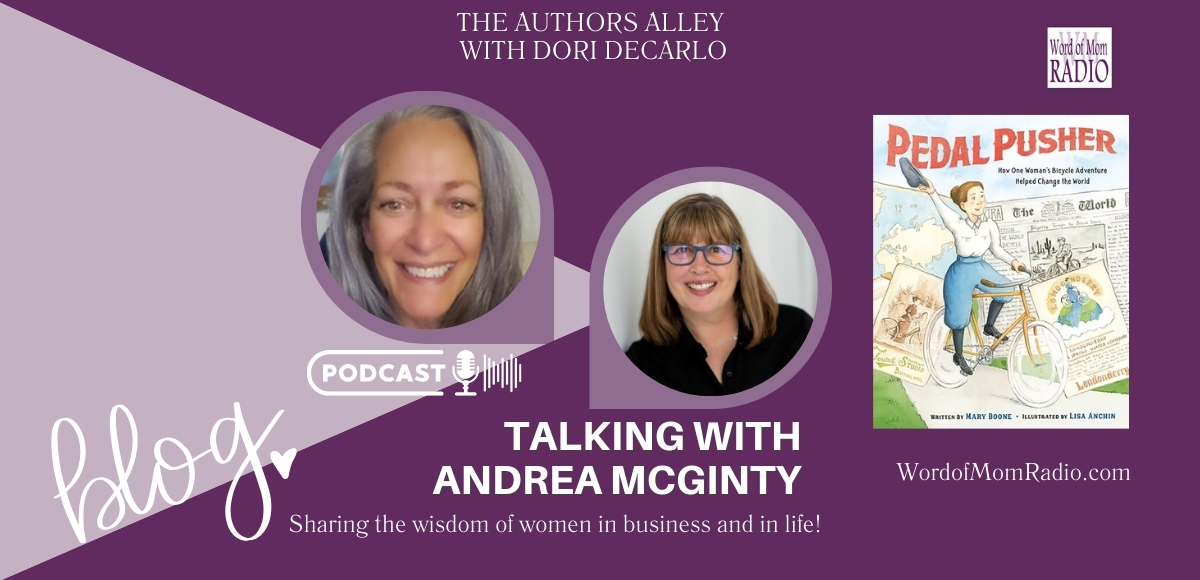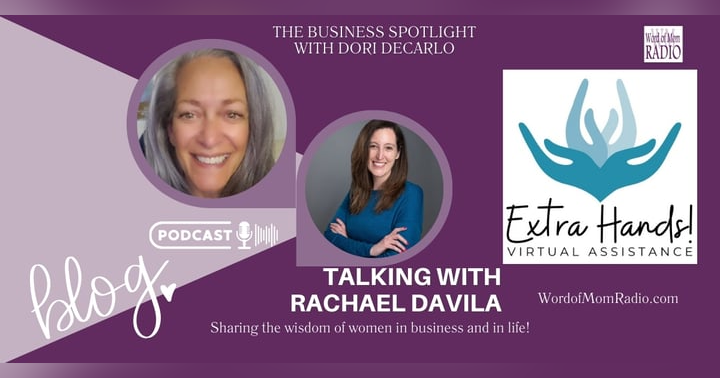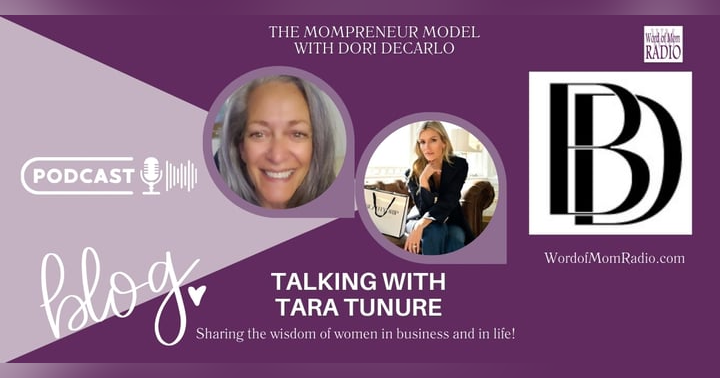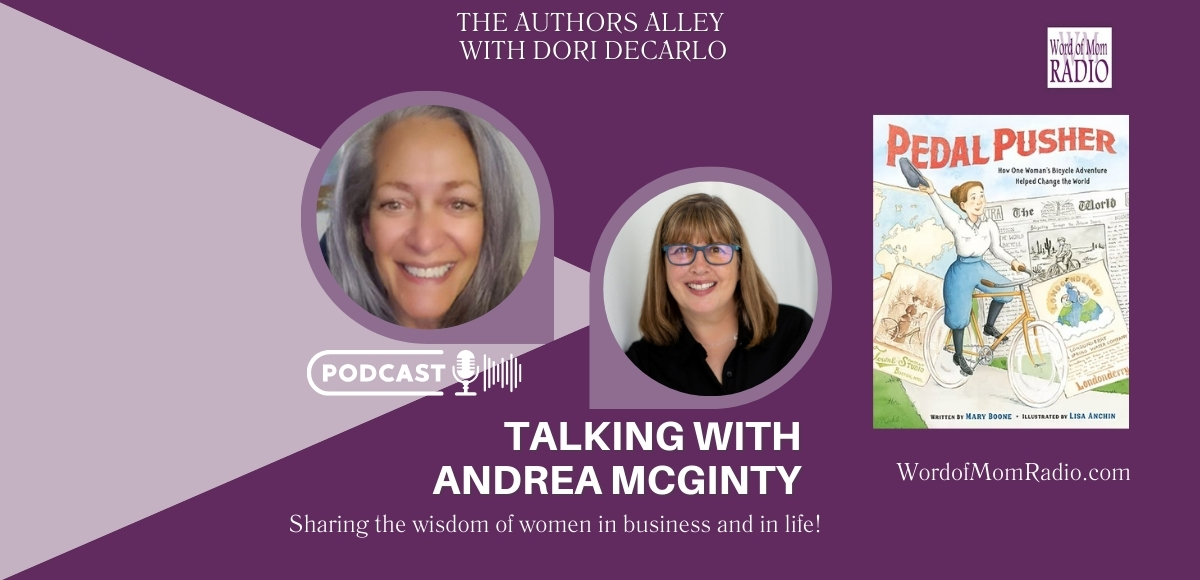Mary Boone's Journey: Crafting Nonfiction for Young Readers

Welcome to an in-depth exploration of the captivating world of nonfiction writing for young readers, guided by the insightful Mary Boone. In this blog post, we will delve into Mary's creative process, the unique challenges she faces, and her unwavering passion for educating and entertaining children through her books. From 'Pedal Pusher' to 'School of Fish' and beyond, we'll uncover the magic behind her engaging narratives and the importance of nonfiction in children's literature. If you enjoyed our recent episode, Mary Boone on The Authors Alley with Dori DeCarlo, you'll find this article a perfect companion, offering a deeper dive into Mary's world and her remarkable contributions to children's literature.
Diving into Nonfiction for Young Readers with Mary Boone
Nonfiction for young readers is a dynamic field, constantly evolving to meet the curiosity and expanding knowledge of children. Mary Boone has established herself as a prominent voice in this space, creating books that inform, inspire, and ignite a lifelong love of learning. Her approach blends meticulous research with a keen understanding of what resonates with young minds. Mary believes that nonfiction should be just as engaging and accessible as fiction, and she strives to make complex topics understandable and relatable for her target audience.
Her commitment to accuracy is unwavering. She understands that young readers are forming their understanding of the world, and it's crucial to provide them with reliable and trustworthy information. This dedication, combined with her storytelling skills, makes her books both educational and enjoyable.
Mary Boone's Journey into Nonfiction Writing
Mary's journey into nonfiction writing wasn't a straight line. It evolved from a passion for research and a desire to share interesting facts with children. She initially explored various writing genres, but it was the world of nonfiction that truly captivated her. The opportunity to explore diverse subjects, delve into fascinating research, and present factual information in an engaging manner became her driving force.
Her initial projects were often inspired by her own interests and curiosities. As she gained experience, she began to identify gaps in the market and create books that addressed specific educational needs. Her ability to identify compelling topics and transform them into accessible narratives set her apart.
Research Adventures: From Rivers to Cricket Barns to Justin Bieber Concerts
The life of a nonfiction author often involves venturing into unexpected places. Mary's research adventures are a testament to her dedication and willingness to go the extra mile (or mile underwater) to ensure the accuracy and authenticity of her work.
One of her more memorable experiences involved wading chest-deep into the Union River to count salmon. This hands-on research provided her with firsthand knowledge of the salmon's habitat and the challenges they face. She's also ventured inside a cricket barn, a place most people would never even imagine visiting, to learn about the fascinating world of insect farming.
Perhaps one of her most daring research endeavors took her to the front row of a Justin Bieber concert, surrounded by screaming teenagers. This experience was part of her research for a project on pop culture and the impact of celebrity. It showed her commitment to fully immersing herself in the subject matter, even when it takes her far outside her comfort zone.
Featured Books: 'Pedal Pusher,' 'School of Fish,' and 'Bugs for Breakfast'
Let's take a closer look at some of Mary's notable works:
'Pedal Pusher'
'Pedal Pusher' tells the story of a woman's bicycle adventure. It's not just a book about cycling; it's a story of perseverance, determination, and the pursuit of a dream. Mary's meticulous research brings the journey to life, capturing the challenges and triumphs of the protagonist. The book highlights the empowering aspects of cycling and promotes a message of self-reliance and adventure.
'School of Fish'
'School of Fish' dives into the underwater world, exploring the fascinating lives of fish. This book showcases Mary's ability to make complex scientific concepts understandable and engaging for young readers. It covers a wide range of topics, from fish behavior and communication to their role in the ecosystem. The book encourages children to appreciate the diversity and importance of marine life.
'Bugs for Breakfast'
'Bugs for Breakfast' introduces children to the world of edible insects. This book challenges common misconceptions about insects and explores their potential as a sustainable food source. Mary presents the information in a fun and informative way, highlighting the nutritional benefits and environmental advantages of entomophagy (eating insects). It's a book that encourages children to think outside the box and consider alternative solutions to global food challenges.
Upcoming Releases: 'Flying Feminist' and 'Unfathomable: 20 (Wild But True) Stories of the Sea'
Mary continues to push boundaries and explore new topics with her upcoming releases:
'Flying Feminist'
Scheduled for release in 2026, 'Flying Feminist' promises to be an inspiring and empowering book that celebrates the achievements of women in aviation. It will showcase the stories of remarkable female pilots, engineers, and innovators who have overcome challenges and made significant contributions to the field. This book aims to inspire young girls to pursue their dreams and break down gender barriers.
'Unfathomable: 20 (Wild But True) Stories of the Sea'
Also slated for release in 2026, 'Unfathomable' will present a collection of captivating and unbelievable stories from the ocean depths. From bizarre creatures to incredible natural phenomena, this book will explore the mysteries and wonders of the sea. Mary's research and storytelling skills will bring these extraordinary tales to life, captivating readers and sparking their curiosity about the underwater world.
Mary's Creative Process and Challenges
Mary's creative process is a blend of meticulous research, careful planning, and a deep understanding of her target audience. She begins by identifying a compelling topic and conducting extensive research to gather accurate and up-to-date information. She then creates an outline that structures the narrative and ensures that the book covers all the essential points.
One of the biggest challenges she faces is simplifying complex information without sacrificing accuracy. She strives to present the facts in a clear and engaging way, using age-appropriate language and incorporating visuals to enhance understanding. Another challenge is keeping the narrative engaging and entertaining. She understands that children have short attention spans, so she uses storytelling techniques to capture their interest and keep them hooked from beginning to end.
Mary's Passion for Educating and Entertaining Children
At the heart of Mary's work lies a deep passion for educating and entertaining children. She believes that nonfiction books have the power to shape young minds, inspire curiosity, and foster a lifelong love of learning. She sees her role as an author as an opportunity to make a positive impact on the world, one book at a time.
Her commitment to children extends beyond her writing. She frequently visits schools and libraries to share her books and inspire young readers to pursue their own interests and passions. She also encourages children to ask questions, explore new topics, and never stop learning.
Connect with Mary Boone: Website and Social Media
To learn more about Mary Boone and her work, visit her website at BooneWrites.com. You can also connect with her on social media:
You can also purchase her books on Amazon.
The Importance of Nonfiction in Children's Literature
Nonfiction plays a crucial role in children's literature, providing young readers with accurate information, fostering critical thinking skills, and inspiring a love of learning. It helps children develop a deeper understanding of the world around them and encourages them to explore new topics and ideas.
Unlike fiction, which relies on imagination and creativity, nonfiction is grounded in facts and evidence. It teaches children how to distinguish between fact and opinion, how to evaluate sources, and how to draw their own conclusions. It also exposes them to diverse perspectives and helps them develop empathy and understanding for others.
Nonfiction books can also spark a lifelong love of learning. By presenting information in an engaging and accessible way, they can ignite a child's curiosity and encourage them to explore new subjects and interests. They can also inspire children to pursue their own research and writing projects, fostering creativity and critical thinking skills.
In conclusion, Mary Boone's work exemplifies the power of nonfiction to educate, entertain, and inspire young readers. Her meticulous research, engaging storytelling, and unwavering commitment to accuracy make her books invaluable resources for children, parents, and educators alike. As we discussed in our podcast episode, Mary Boone on The Authors Alley with Dori DeCarlo, Mary's dedication shines through in every page she writes. We hope this blog post has provided you with a deeper understanding of her creative process and the importance of nonfiction in children's literature. Be sure to check out the episode for even more insights!




